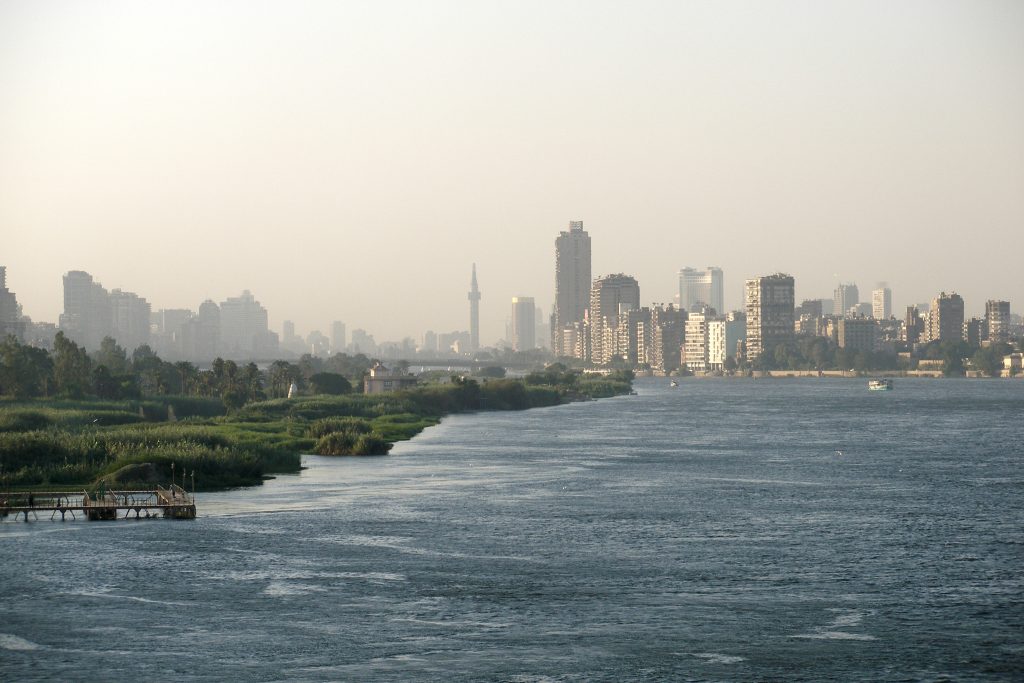Egypt has urged Nile Basin countries to revisit the Cooperative Framework Agreement (CFA), also known as the Entebbe Agreement, which sets out the management and development principles for the Nile Basin. The agreement has so far been accepted by several upstream countries, including Ethiopia, Rwanda, South Sudan, Uganda, Tanzania, and the Democratic Republic of Congo, but has been rejected by Egypt and Sudan.
Speaking at a water event in Cairo, Egypt’s Irrigation Minister Hani Sewilam called for renewed cooperation. “We call on the Nile Basin countries that signed the Entebbe Agreement to review their position and return once again to discuss cooperation between countries in a way that does not harm any of the riparian countries,” he said. He insisted that Egypt’s stance aligns with international agreements governing rivers.
Sewilam emphasised the need for inclusive discussions that take into account the interests of all Nile Basin countries. He reiterated that Egypt’s water supply is insufficient to meet its needs, adding, “Egypt will not concede even a single cubic metre of Nile water and firmly rejects the Entebbe Agreement in its current form.”
Egyptian President Abdel Fattah Al-Sisi also highlighted the importance of protecting Egypt’s water resources, describing it as an existential issue. He noted that over 98% of Egypt’s water supply comes from the Nile.
The CFA is the first multilateral attempt by the Nile Basin states to establish a legal framework for the river’s management. However, tensions persist, particularly between Egypt and Ethiopia, over the Grand Ethiopian Renaissance Dam (GERD) on the Blue Nile. Ethiopia, which considers the dam crucial for its economic development, maintains it will not affect downstream countries’ water supplies. Egypt, on the other hand, views the GERD as a threat to its water share and demands a binding agreement on its filling and operation.

